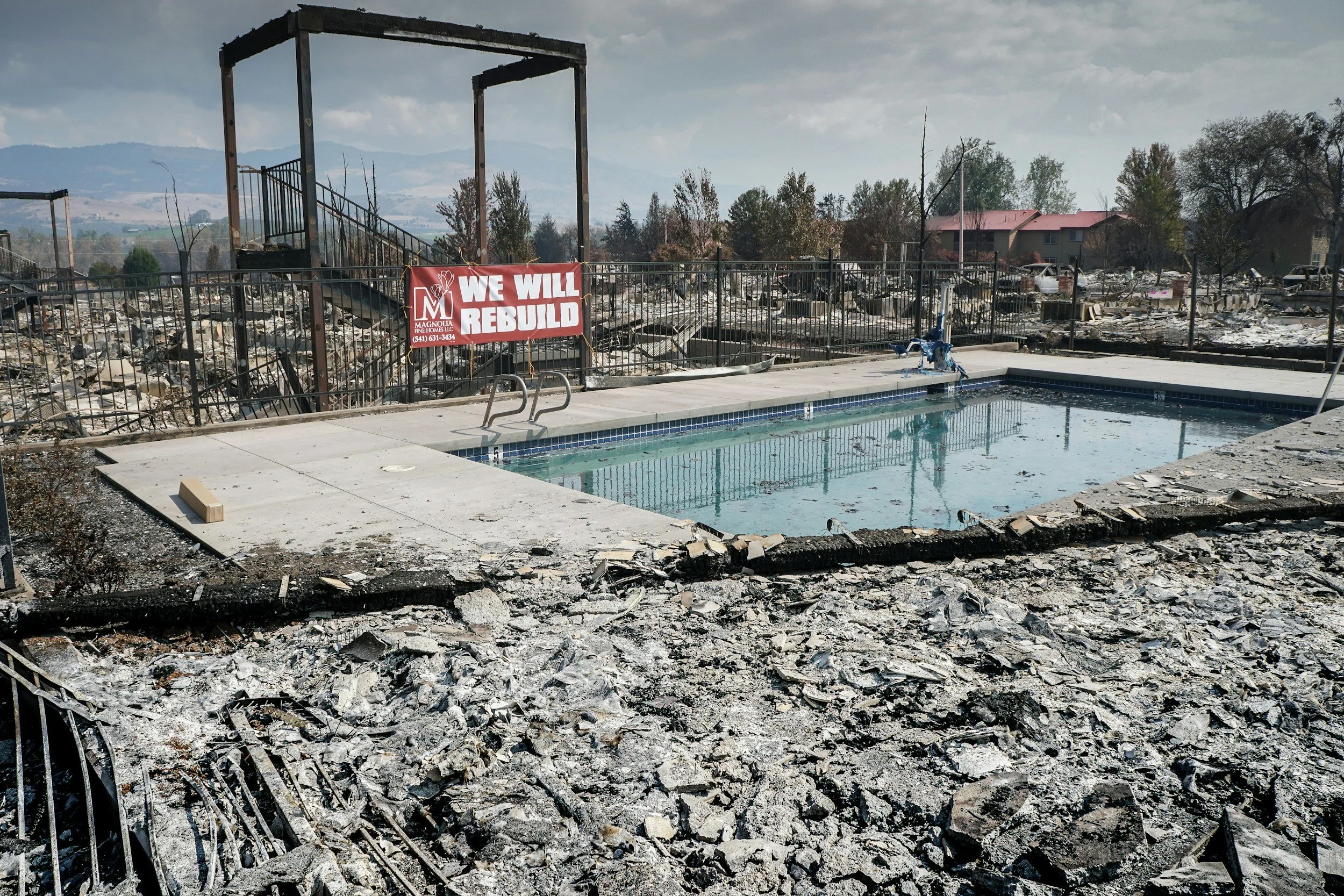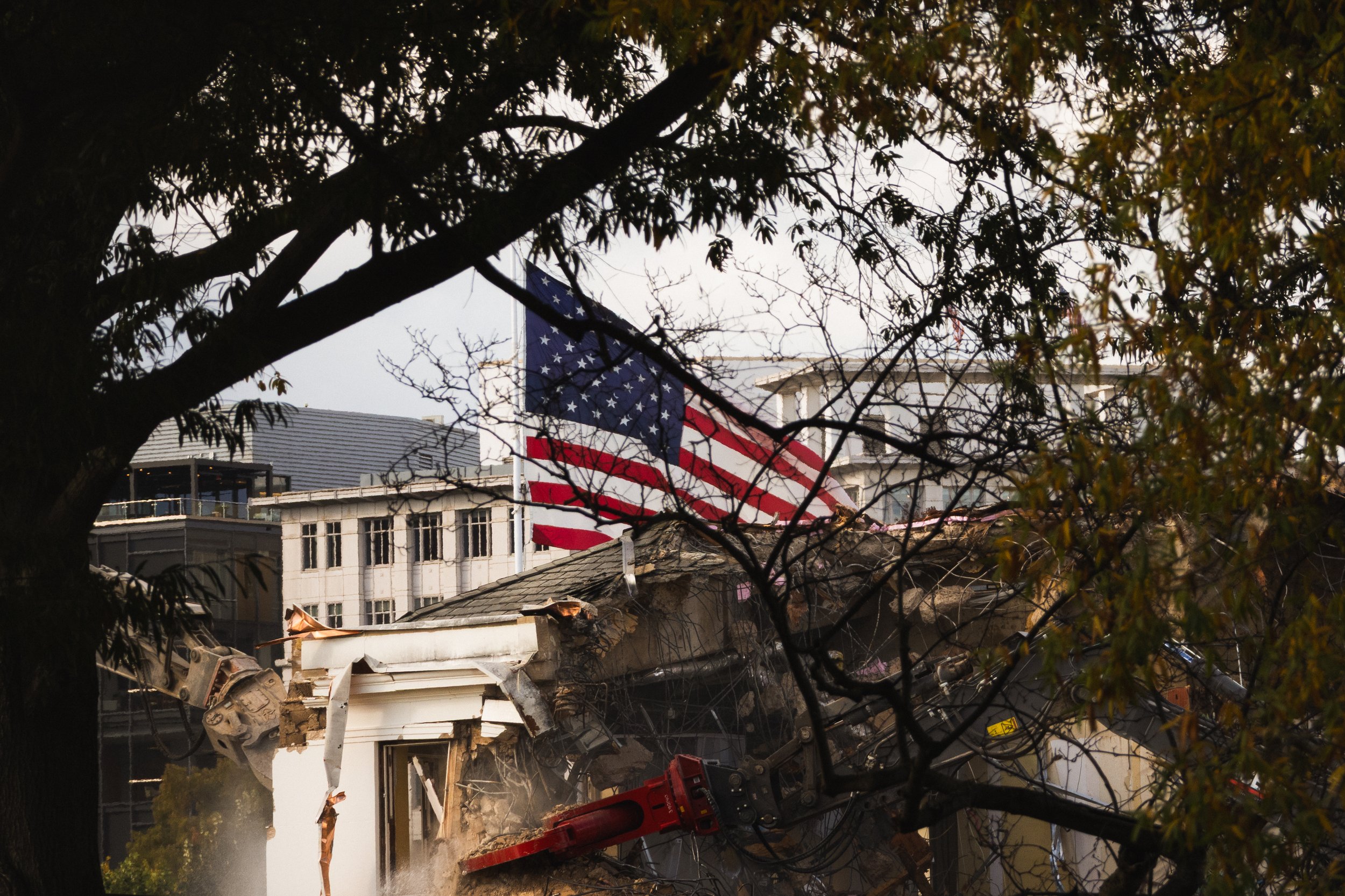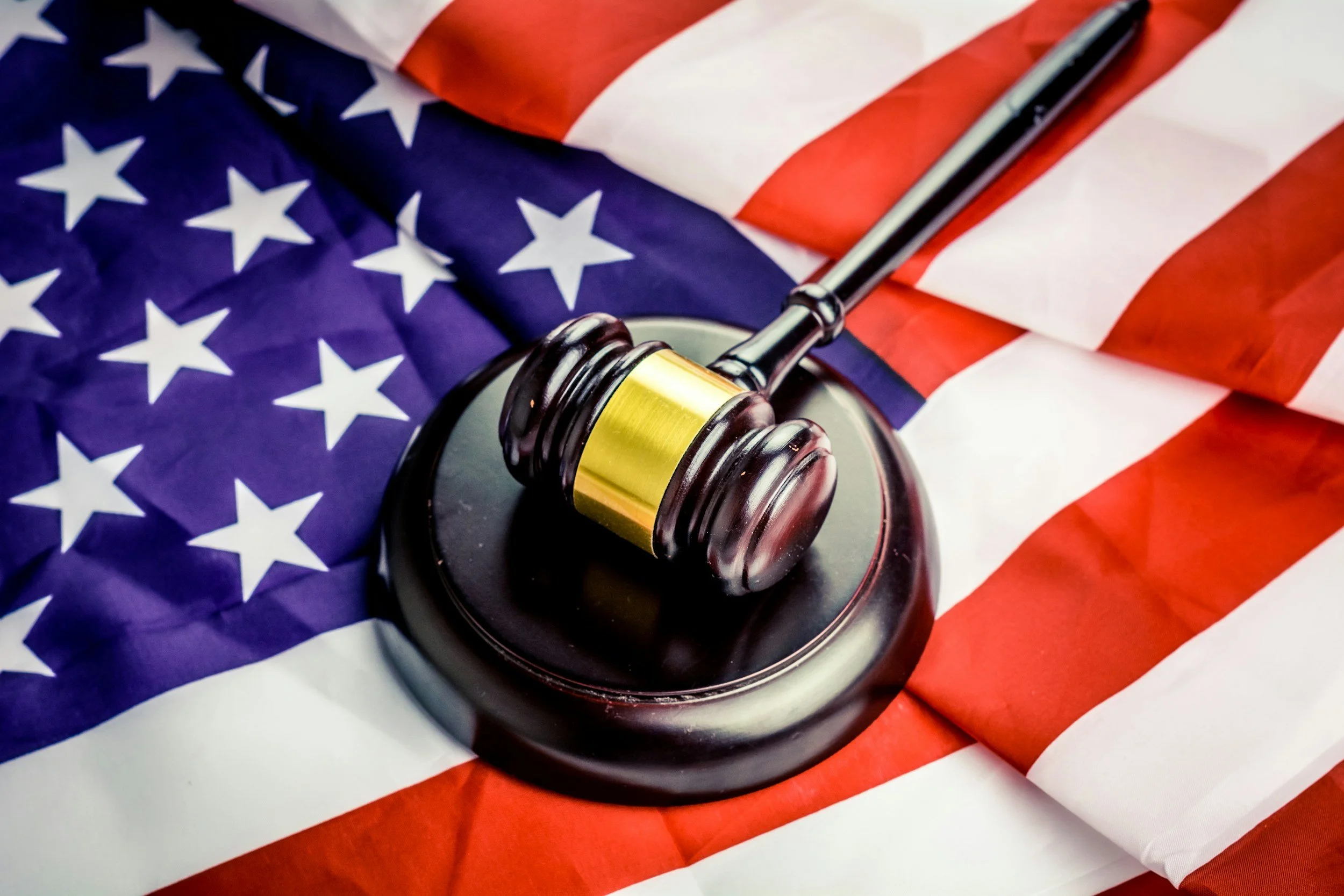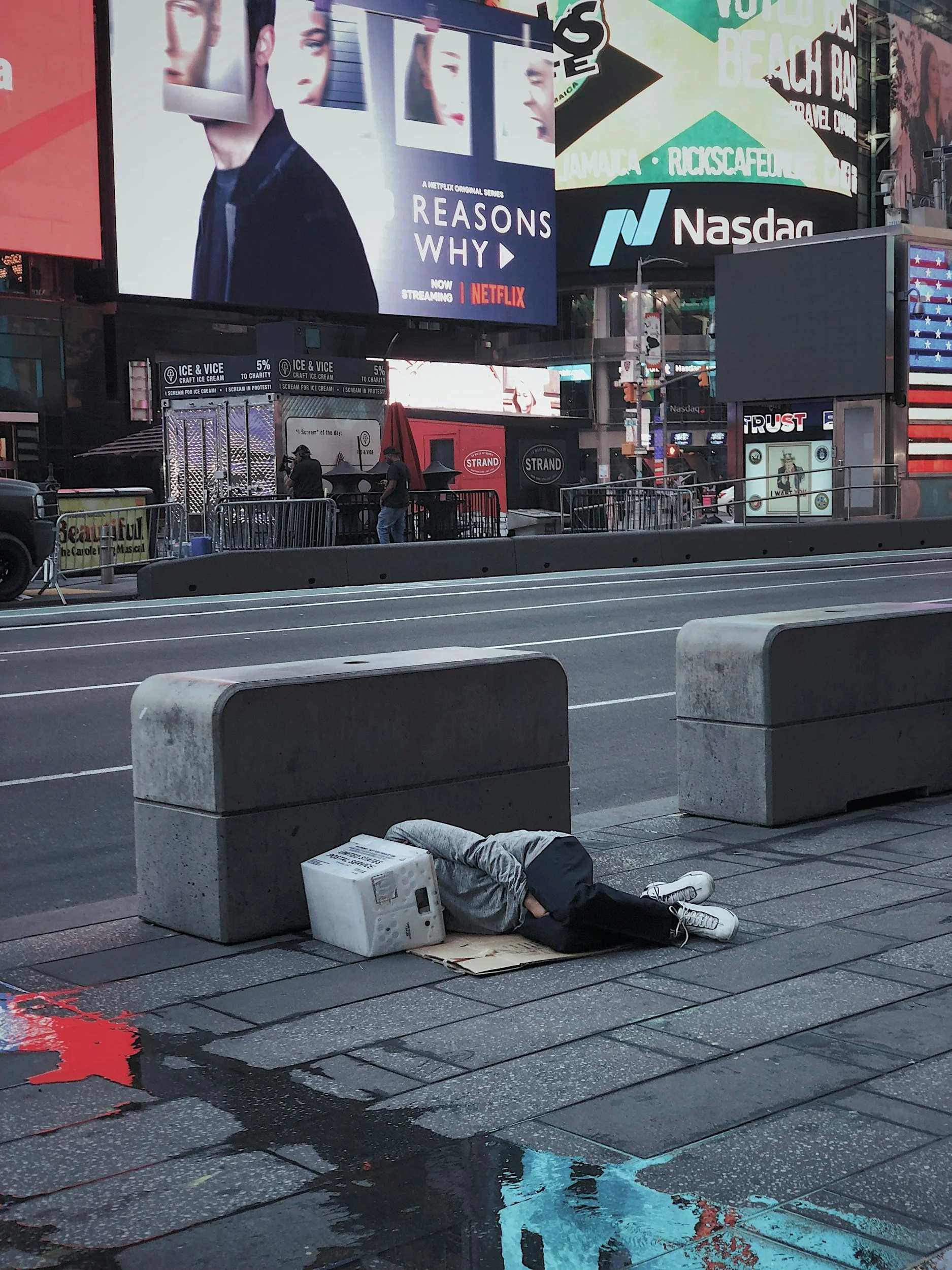What Responsibility Looks Like at Scale
We tend to think of responsibility as a personal virtue. Paying debts, keeping promises, and owning mistakes. At scale – inside institutions, governments, and systems that shape millions of lives – responsibility takes a different form. Rather than personal ethical values, it is the disciplined use of power to prevent foreseeable harm.
The Violence of Avoidance
The violence of avoidance is cumulative. It rarely arrives as spectacle. It appears as smaller circles of participation, slower institutional response, and preventable crises that feel inevitable only because they were permitted to grow out of hand.
Refusing to stop preventable harm does not make one neutral.
It makes one part of the outcome.
Delay Is a Decision
When no one is willing to decide, the most aggressive actor decides for everyone.
This is the danger of governance by inertia. It assumes that time will correct the excesses. It assumes that norms will restrain ambition. It assumes that restraint is reciprocal. Those assumptions only hold in a cooperative environment. In a competitive or hostile one, they become liabilities.
Nothing Is Broken That Wasn’t Chosen
It is obviously wrong to be the thief or the vandal. But it is also unconscionable to hold the door open while others loot what remains. Being an accomplice does not require spectacle. It requires only silence, caution, and the insistence that now is not the right time to act.
Stability Is Now a Private Good
Today, stability is something you are expected to secure privately. Savings, credentials, insurance, resilience, and constant vigilance. If you manage to pull it off, it is treated as evidence of responsibility. If you fail, it is framed as a personal flaw. The structure itself remains unquestioned.
This is not because risk disappeared. It is because the risk moved.
The Exhaustion Is Political
We wake up tired. Not just short on sleep, but already spent. The kind of fatigue that turns ‘Breaking News’ into a threat instead of information.
The System Still Works – Just Not for You
At this point, calling what we’re living through a “broken system” misses the mark. Broken systems fail inconsistently. This one doesn’t. Its outcomes are remarkably reliable. Wealth concentrates. Risk flows downward. Volatility is absorbed by households while insulation is reserved for institutions deemed essential. These are not malfunctions. They are results.
Violence as Policy
Violence is not merely an outcome; it is a policy choice.
When a government chooses force early, often, or visibly, it sends a message not just to its adversaries, but to its own people and to the world. That message is not strength. It is fragility masquerading as resolve.
Stewardship Is What Comes Next
Choosing not to care does not remove us from the system. It simply leaves its direction to those most willing to exploit it. In that sense, stewardship is not an elevated moral posture. It is a practical one. It is the recognition that something will shape the future, and the question is whether it will be shaped by neglect, extraction, or deliberate care.
Normal Is Over.
Normal is over. Not because everything has collapsed, but because the stories that made compliance feel responsible no longer persuade. The gap between what we are told and what we can plainly see has grown too wide to ignore.
Legislative Legitimacy vs Judicial Veto
Today, courts can only act when a case is brought by someone with standing and sufficient resources. That requirement guarantees delay and excludes most Americans. A pre-enactment constitutional review would reverse the burden. Instead of forcing citizens to suffer harm to prove a law is flawed, lawmakers would be required to demonstrate constitutional validity up front.
Education Is Not a Luxury Good
Student debt exists because we have shifted the cost of workforce preparation onto individuals while the benefits flow outward to employers, industries, and the broader economy. It functions as a private tax imposed on people for producing public value.
The Steward’s Case for Single-Payer
A country cannot call itself advanced if its people have to navigate a maze simply to stay alive.
The Cost of Governance
Fixing governance is not a partisan project. Everyone suffers from friction. Everyone benefits from functionality. In an age of polarization, improving the machinery of public service might be one of the rare places where consensus is possible.
The American Living Standard
There’s a question I keep coming back to as I write about Stewardship: What does America look like after years of leaders who take the well-being of ordinary people seriously? Not growth curves, record high stock markets, or the billionaire of the week. What does America look like at ground level?
The Steward’s North Star
This moment in American politics feels heavy because the drift and decay are visible. That is also what makes it the right moment to assert the expectation of moral orientation. Outrage is reactive. Outrage burns out. Orientation endures.
The Steward’s Fire
If this past week has shown us anything, it is that progress cannot rely on the institutions of the compromised and captured. The people’s will and focus may falter and shift with the headlines, but the Steward’s duty remains
Citizen Stewardship
Voting matters, but it is only the floor, not the ceiling. A Steward citizen participates in strengthening the civic process, not merely “winning.” They attend local meetings, write to representatives, volunteer in campaigns, and serve on boards. They converse with their family and friends who may be taken in by the disinformation, propaganda, and apathy of the day, to guide them towards the truth. All with an ethic of contribution over conquest.
Democracy, like any public resource, works only if enough of us show up to maintain it.
The Drumbeat of Service
Stewardship, as a political concept, rather than religious or ecological, came to me during my studies in the mid-2000s. It was during that time that I called together my first Steward’s Circle. We discussed all that was going right, wrong, and weird with the world.
Communal Power: From Crowd to Community
The same desire that can drive us to fill the streets, must now drive us to fill the rooms: meeting halls, libraries, and community spaces where the long-term work begins.



















